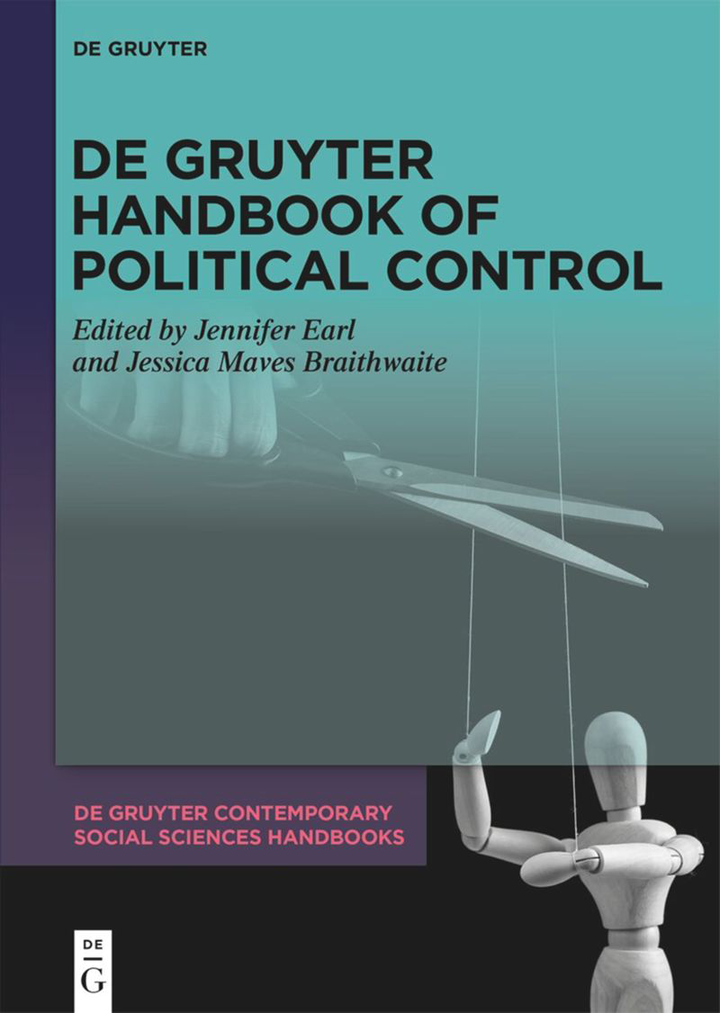Surveillance Studies

Surveillance is a critical tool of political and social control, employed by both authoritarian and democratic regimes to monitor populations, suppress dissent, and maintain political stability. Despite its widespread use, surveillance remains an understudied and contested concept across disciplines, with political science, sociology, and multi-disciplinary surveillance research offering distinct perspectives on its nature, methods, and consequences. This chapter synthesizes existing research and introduces a new framework that categorizes surveillance methods based on two key dimensions: visibility (overt vs. covert) and interface (human vs. technological). By integrating insights from different disciplines, the chapter develops a layered model of surveillance targets and a typology of surveillance methods that highlight the strategic choices regimes make. It further examines the agency problems arising from delegated surveillance, the causes driving state and corporate surveillance, and the consequences of surveillance on dissent and repression. Our analysis underscores the dual function of surveillance as both a deterrent and a potential catalyst for resistance. By bridging disciplinary divides, this chapter offers a comprehensive framework for analyzing the evolving role of surveillance in contemporary governance.
監控研究:
監控是實現政治與社會控制的關鍵工具,不論是在威權政體還是民主政體中,都被廣泛用於監視民眾、壓制反對力量、維護政權穩定。儘管監控的應用已相當普遍,其概念在學術界仍屬於研究不足的階段,理論概念也充滿諸多爭議。政治學、社會學以及跨學科的監控研究,各自從不同角度詮釋監控的本質、手段與影響。本章在整合既有研究基礎上,提出一套新的分析框架,從兩個關鍵維度——可見性(公開與隱蔽)以及介面形式(人力與科技)——對各種監控手段進行分類。透過跨學科的觀點融合,本文提出一個層次化的監控對象模型,以及一套監控手段的類型分析,來突顯出政權在選擇監控策略時所面臨的策略考量。另外,本文亦進一步探討在委託式監控中所出現的代理問題、國家與企業推動監控擴張的背後動因,以及監控如何影響異議行為與政治壓制。我們的分析指出,監控同時具備震攝與激發反抗力量的兩種相反的功能。整體而言,我们的分析透過打破學科壁壘與觀點分歧,提供一個更為全面、系統的理論架構,以理解監控在當代政治治理中所扮演的多重角色與演變趨勢。